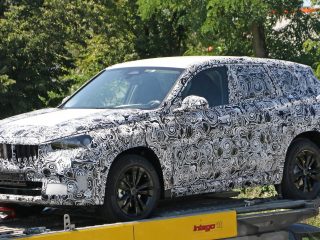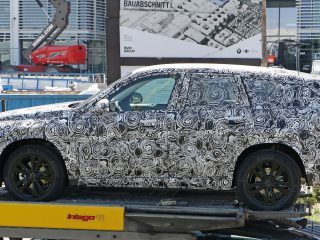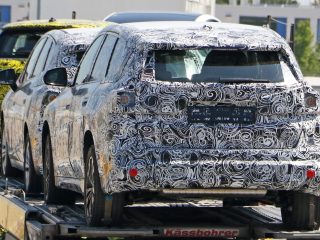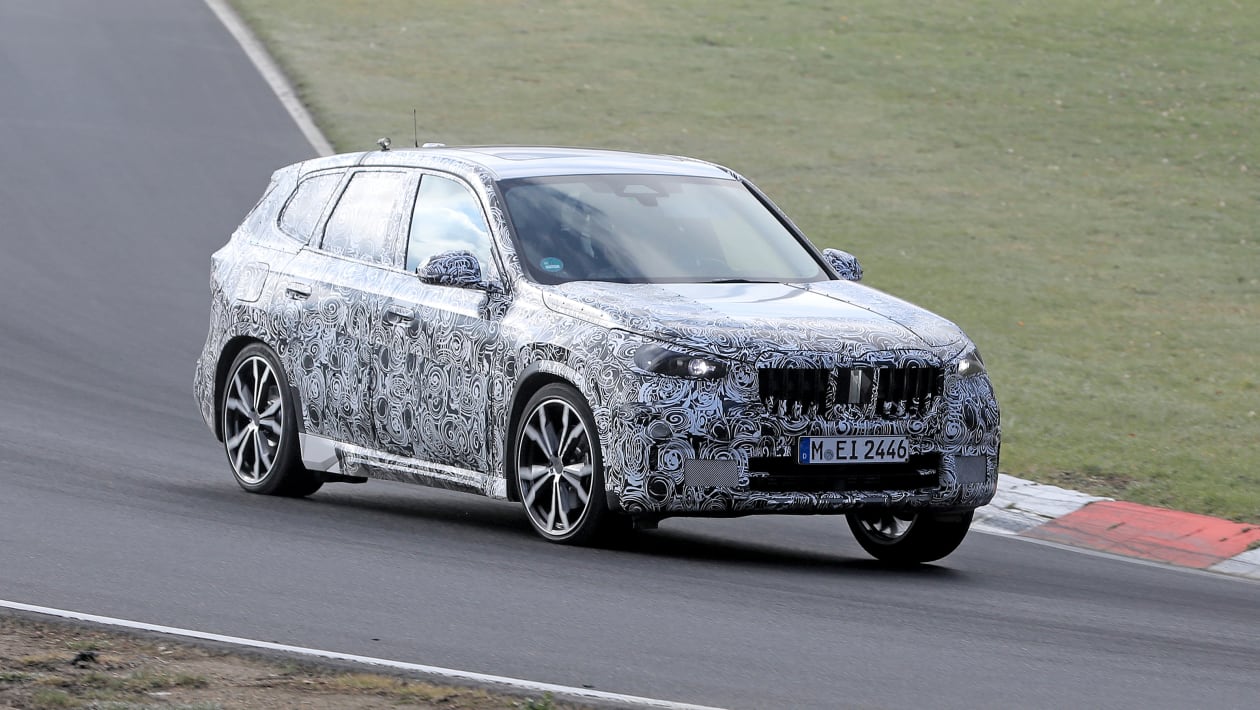
BMW is ramping up with development on the next generation of its X1 SUV, and prototypes have now been spotted testing at the Nurburgring.
The third edition of the entry-level SUV is will be a hugely important model for the brand when it goes on sale in 2022: the current version makes up over 12 per cent of all BMW SUV sales, and it’s second only to the X3 in the brand’s SUV line-up, with more than 260,000 sold in 2019.
The latest spy shots show a car that wears a disguise ahead of its official reveal, but many details of the car – as picked out in our exclusive rendering – are clear to see. The overall look is one that’s more imposing than the current car, achieved by features like sharper headlights and a larger, more upright grille.
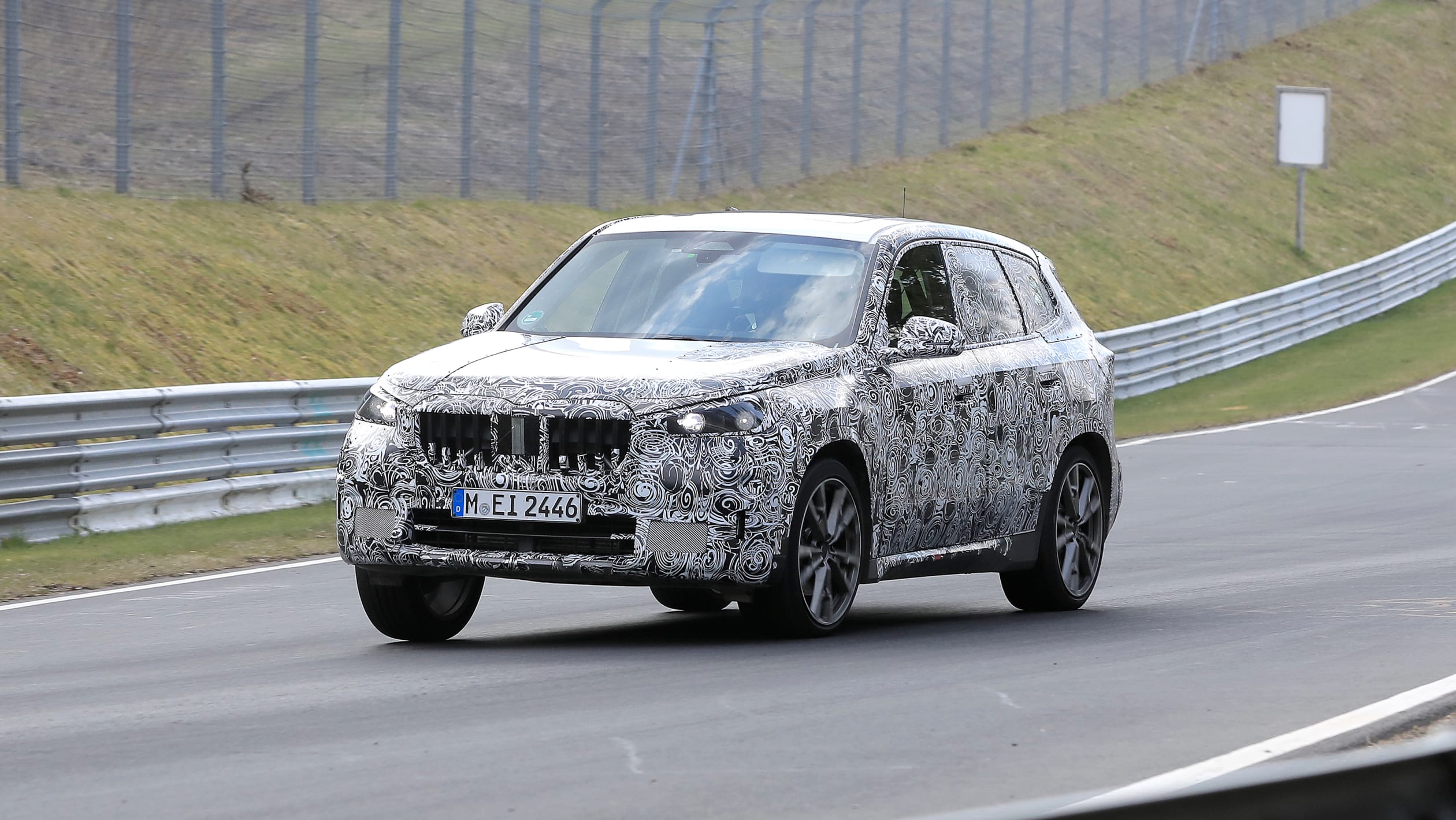 Along the sides, the next X1 gets a flatter window line, a more vertical rear hatch and shorter overhangs. These all suggest a chunkier, more 4×4-like appearance to the second-gen X1, which will help separate it further from the coupé-influenced X2.
Along the sides, the next X1 gets a flatter window line, a more vertical rear hatch and shorter overhangs. These all suggest a chunkier, more 4×4-like appearance to the second-gen X1, which will help separate it further from the coupé-influenced X2.
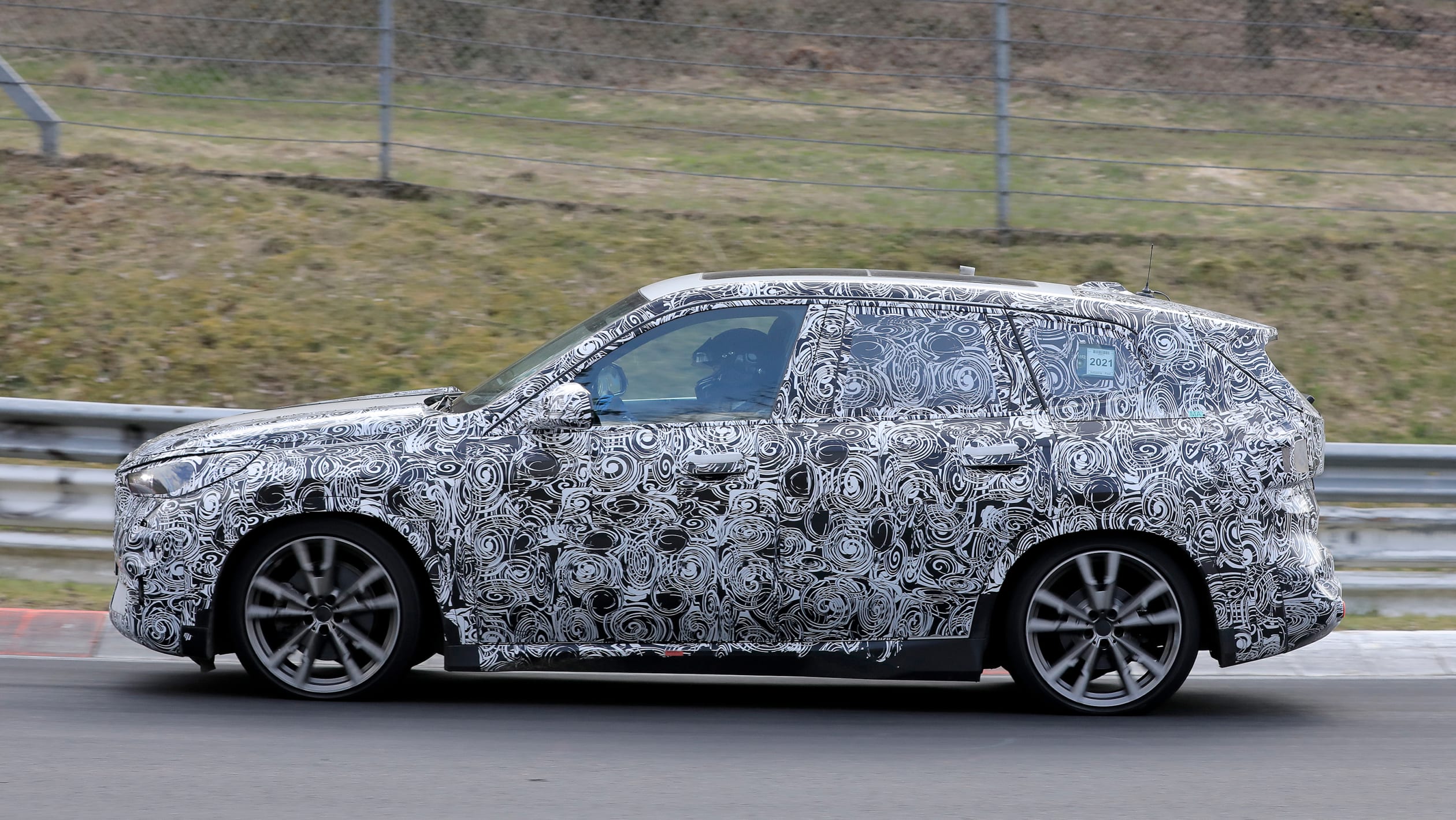 The interior should be a much more straightforward update. BMW is likely to introduce the new interior architecture used on the latest 1 Series, so expect a more angular design to the switchgear and vents, plus the latest in infotainment tech – including a fully digital instrument panel.
The interior should be a much more straightforward update. BMW is likely to introduce the new interior architecture used on the latest 1 Series, so expect a more angular design to the switchgear and vents, plus the latest in infotainment tech – including a fully digital instrument panel.
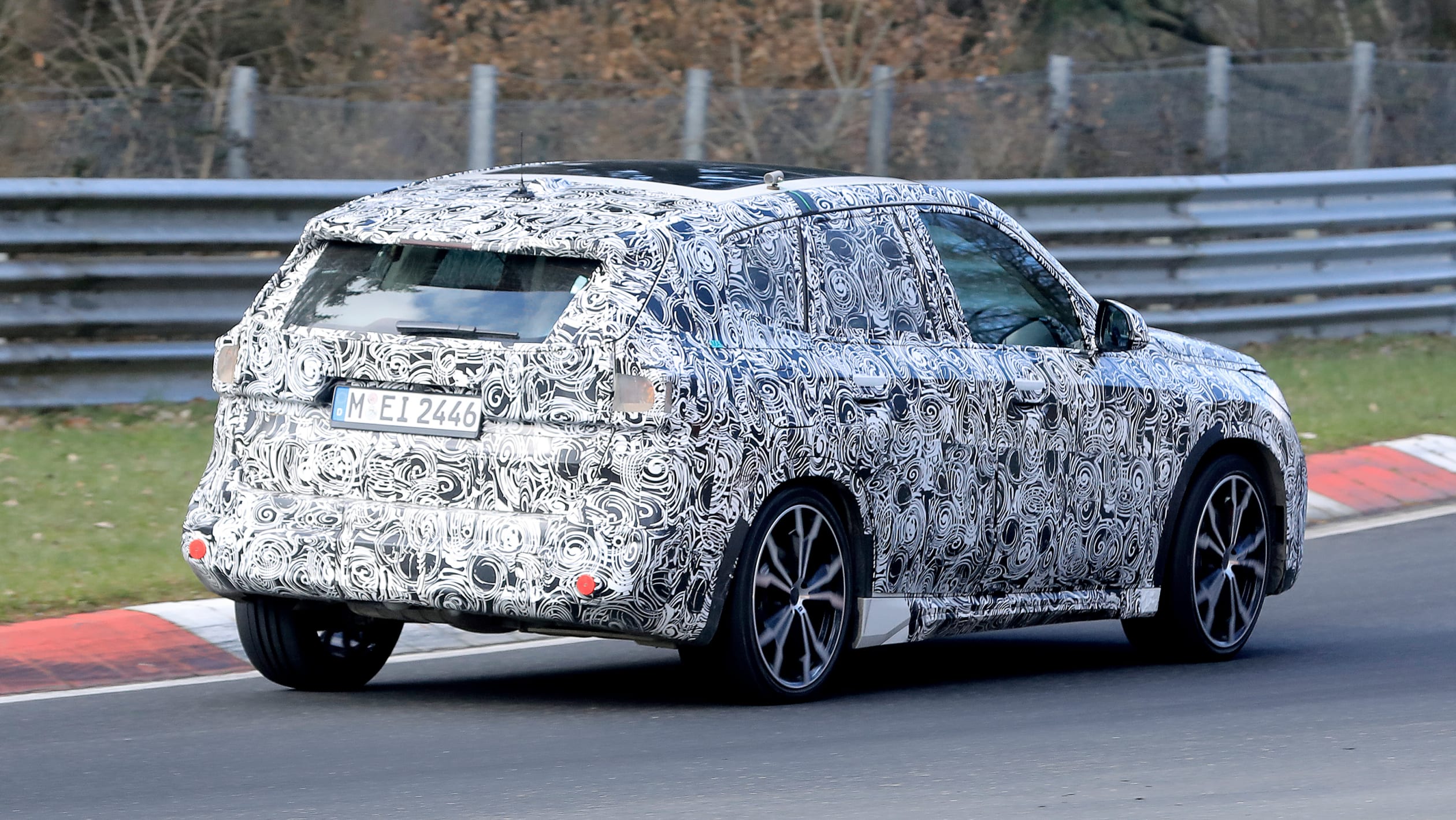 It’s all but certain that the new X1 will use an updated version of the current car’s UKL2 platform. You can expect the engine line-up to remain very similar, kicking off with front-wheel-drive sDrive versions using a turbocharged 1.5-litre three-cylinder engine, developing 103kW. Diesel is likely to remain on the menu too, especially for the buyers of xDrive all-wheel-drive versions.
It’s all but certain that the new X1 will use an updated version of the current car’s UKL2 platform. You can expect the engine line-up to remain very similar, kicking off with front-wheel-drive sDrive versions using a turbocharged 1.5-litre three-cylinder engine, developing 103kW. Diesel is likely to remain on the menu too, especially for the buyers of xDrive all-wheel-drive versions.
 The xDrive25e plug-in hybrid model will continue, but BMW’s biggest priority will be the development of an all-electric version to rival the Mercedes EQB. The brand has confirmed that the new model, named iX1, will follow hot on the heels of the combustion-powered version with a 2023 release.
The xDrive25e plug-in hybrid model will continue, but BMW’s biggest priority will be the development of an all-electric version to rival the Mercedes EQB. The brand has confirmed that the new model, named iX1, will follow hot on the heels of the combustion-powered version with a 2023 release.
BMW has already revealed an electric version of the larger X3 called iX3, with a maximum range of 460 kilometres on a single charge thanks to an 80kWh battery pack. It’s likely that the all-electric iX1 will borrow that car’s 210kW electric motor, but given the packaging constraints of a smaller platform the iX1’s battery size will likely be capped at a smaller level.
James Brodie




